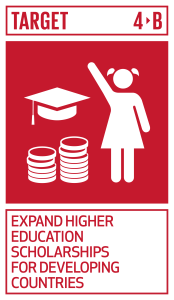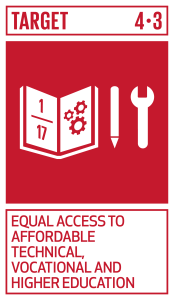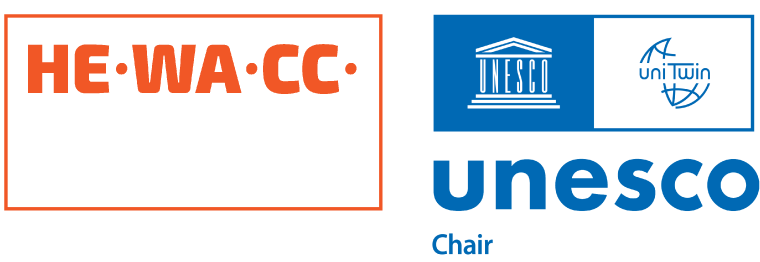HEWACC’s short-term and local research project would be ‘Water as Heritage: Keeping Golden Horn Estuary Alive’. Its mid-term and regional project proposal will be ‘Drying Mediterranean: Does Heritage Help?’. And the last, the long-term research project will be ‘Integrated Management of Heritage, Water and Climate Change for Sustainable Development in SIDS’.
The starting point of the HEWACC chair idea was the Golden Horn (Haliç) Estuary, which gave its name to the Haliç University and which has been in its focus for years with its undergraduate and graduate level studies and Haliç University Istanbul Haliç Studies Application and Research Center. Since the Middle Byzantine Period, the Golden Horn was considered the main port of the city; the city that was the capital of three empires; Byzantine, Eastern Roman, and Ottoman. The Golden Horn which was formed by the sea invasion of the Kağıthane and Alibeyköy Streams has hosted civilizations and empires for centuries as a safe inner harbor.
According to the research conducted by the US-based Climate Central there are various points from Turkey among the areas at risk of flooding. Among the regions most at risk in Istanbul are the Golden Horn surroundings and the coasts of Küçükçekmece facing the Marmara Sea.
The water body of the Golden Horn, its streams, waterways and shores are under the negative impact of climate change and non-climatic factors. Hence, Haliç University Istanbul Haliç Studies Application and Research Center aimed to consider the water bodies and shores of the estuary together with the heritage assets (water industry heritage, ancient port city, Haliç Shipyard, Iron Church as cultural heritage assets) and ecosystems (natural assets) they created and developed the “water as heritage” approach. That approach was also the start-up idea for the HEWACC chair.
The Chair will be promoting an integrated international collaborative research and world heritage nomination project in the fields of water-related DRR, water and heritage management, world heritage, CC and data sciences.
‘Drying Mediterranean: Does Heritage Help?’ and ‘Integrated Management of Heritage, Water, and Climate Change for Sustainable Development in SIDS’ research projects will be developed regionally and internationally as the outputs of the proposed chair’s approach. Within the sub-themes of these research projects like ‘Rethinking Water Management in Mediterranean Region’, ‘A Decade After Istanbul Declaration: Protecting Marine&Coastal Environment’, ‘Building Back Better’, ‘Capacity Building in Human Resources’ and ‘Indigenous Knowledge as Heritage: Center for DRR’, the activities and tasks will be delivered such as; conferences, workshops, publications, webinars, student, visiting professor, research fellow mobility/exchange, trainings, outreach activities.
With all these outputs and related activities and tasks mentioned above, HEWACC aims to encourage research, training and programme development in related UNESCO’s fields of competence by implementing HESD and awareness-raising programmes and to foster inter-university cooperation to be able to put special emphasis on the integration of water heritage in global CC mitigation and adaptation processes.
Woull be summarized as follows:




Haliç University aims to draw attention to global problems with its academic studies and research and to produce solutions through international agreements. The university’s studies focusing on heritage, water and climate change in this context have gained a global dimension with the cooperation with UNESCO.